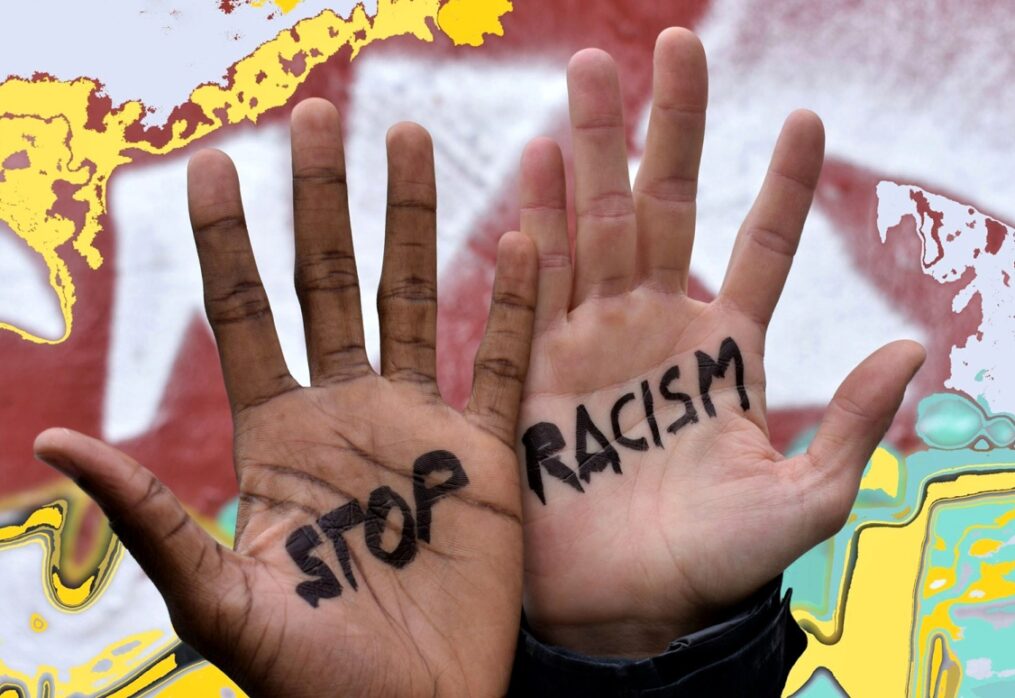TUESDAY EDITORIAL: The kids are not okay – their innocence is being stolen by the continuation of racism
South Africa seems at the moment to be a country lost at sea, and that is revealing itself in how it is turning on its young, stealing their innocence before they even have a proper grasp on life. This week is Child Protection Week and ironically it started with a rather disturbing racial incident over the weekend between a white and a black pupil from Michaelhouse and St John’s College, which are among the most expensive private schools in our country. It seems that during a hockey match the white Michaelhouse pupil called the black St John’s pupil the k-word, resulting in not only the match being called off but the entire tournament.
In a joint statement condemning the incident, the schools said: “Both Michaelhouse and St John’s are united in condemning all forms of racism and discriminatory behaviour and Michaelhouse, in following its procedures, immediately implemented a precautionary suspension in respect of the boy alleged to have made the racial slur, pending a formal disciplinary hearing.”
The statement goes on to say “the St John’s College staff have debriefed with the boys last night and this morning and will continue to do so in the days ahead. Staff will ensure that all boys on tour are placed with their parents or safely returned to Johannesburg by designated buses this morning.”
Three things stand out here:
- In a country that officially ended racial discrimination and apartheid in 1994, where does a child born in the 2000s find not only the audacity but knowledge of how to use the k-word?
- It would be interesting to know what “zero tolerance” of racism actually means in these schools and how the behaviour is likely to be sanctioned in the school; and
- Why is it only St John’s pupils who were debriefed when the incident affected pupils from both schools?
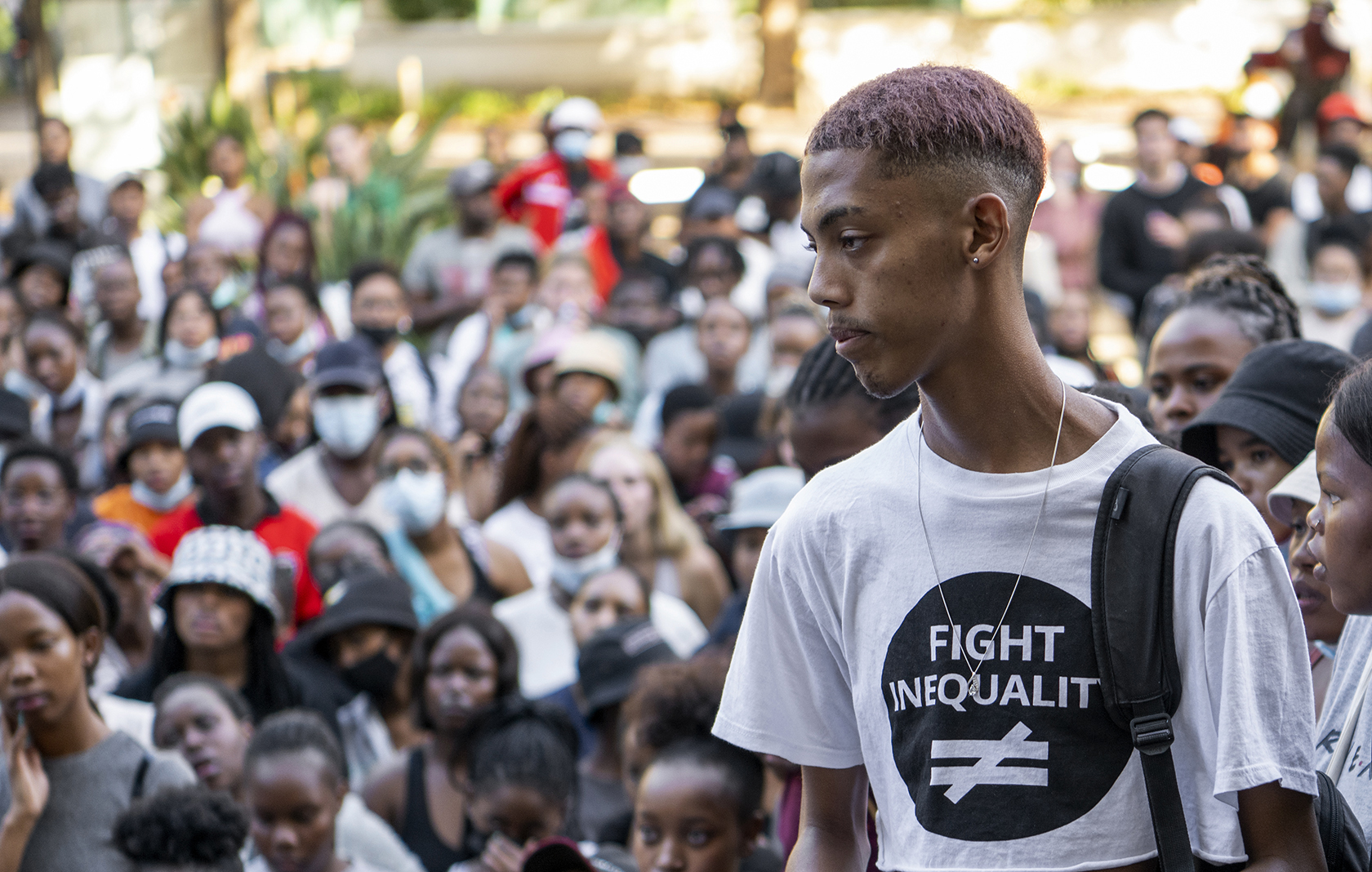
What this incident shows is that children’s innocence is being stolen by the continuation of racism that has “taken refuge” in people’s homes assumingly away from the public spotlight, because children learn these things somewhere. The child from St John’s has now been thrust into a world that tells him the colour of his skin is offensive, his dignity impinged and human rights violated, an experience he can never unlive.
Just two weeks ago a white student from Stellenbosch University also perpetrated an act of racism against a black student by urinating on his belongings, a gesture indicating that he regarded the black student as inferior. Again the institution suspended him pending a disciplinary hearing, the outcomes of which we have yet to hear.

In an article, Professor Steven Friedman offers some insight into how racism has become entrenched in the seemingly mundane and innocuous parts of our lives: “South Africans are very good at calling out obvious racists – the ones who call Black people names or abuse them. But the country is still very poor at naming and changing the core of racism. There are many reasons for this, but one of them is that the way things were organised under white rule is so deeply embedded in everyone’s minds that the past three decades have been devoted largely to absorbing Black people into the system rather than changing it. Since the system was designed for the few, most remain on the outside looking in.”
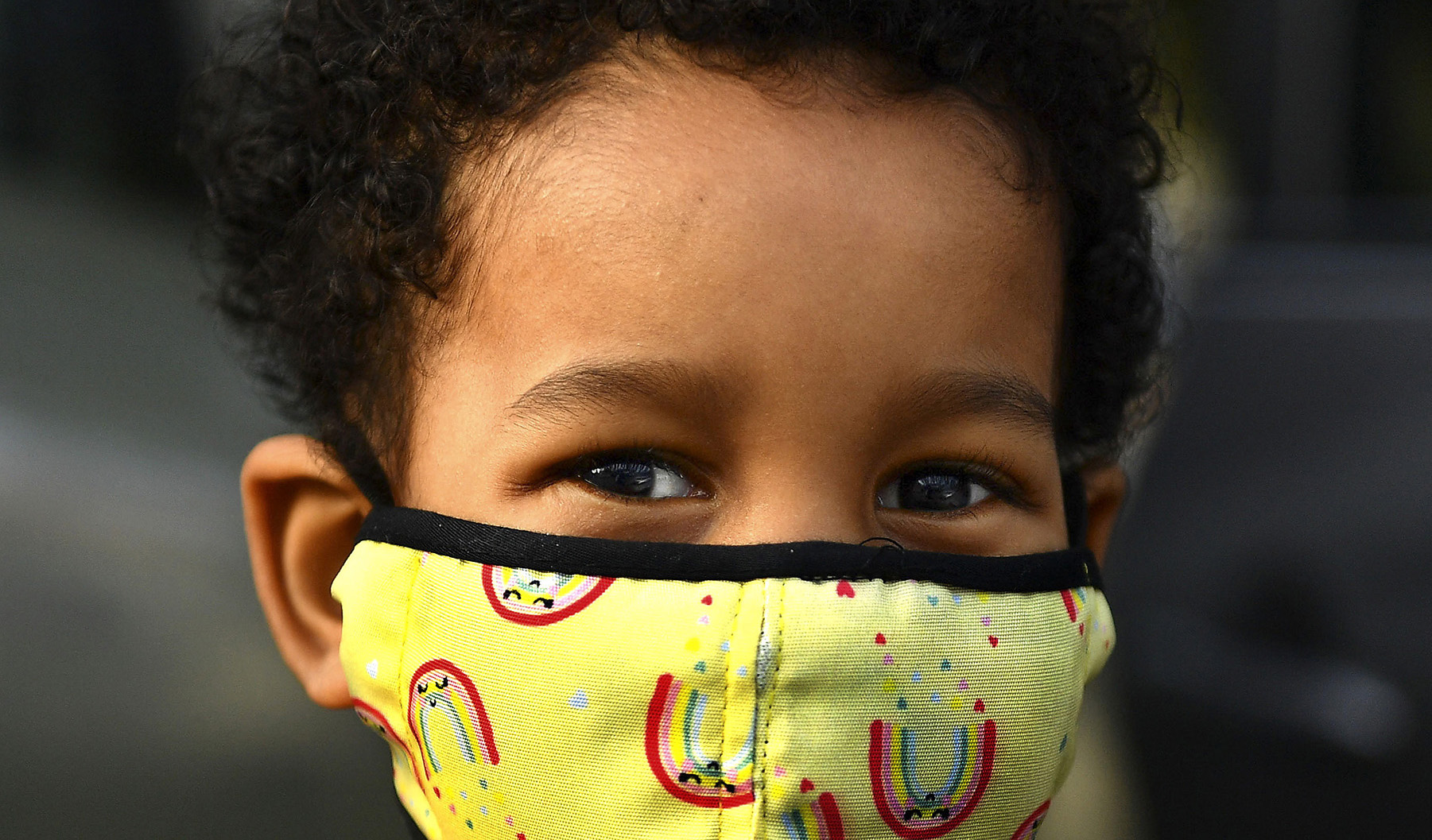
It would be futile, however, to examine these incidents without placing them in their proper context, which is that these two schools and the institution are historically white and were built to the exclusion of black people. These schools are undeniably bastions of privilege that were established by and for white people, and black children coming into the schools were expected to assimilate. They remain mostly untransformed spaces in that black children enter a system and culture that centralises whiteness, which is one of the more subtle forms of racism that does not call people names or enact physical violence but rather reinforces white supremacist ideologies.
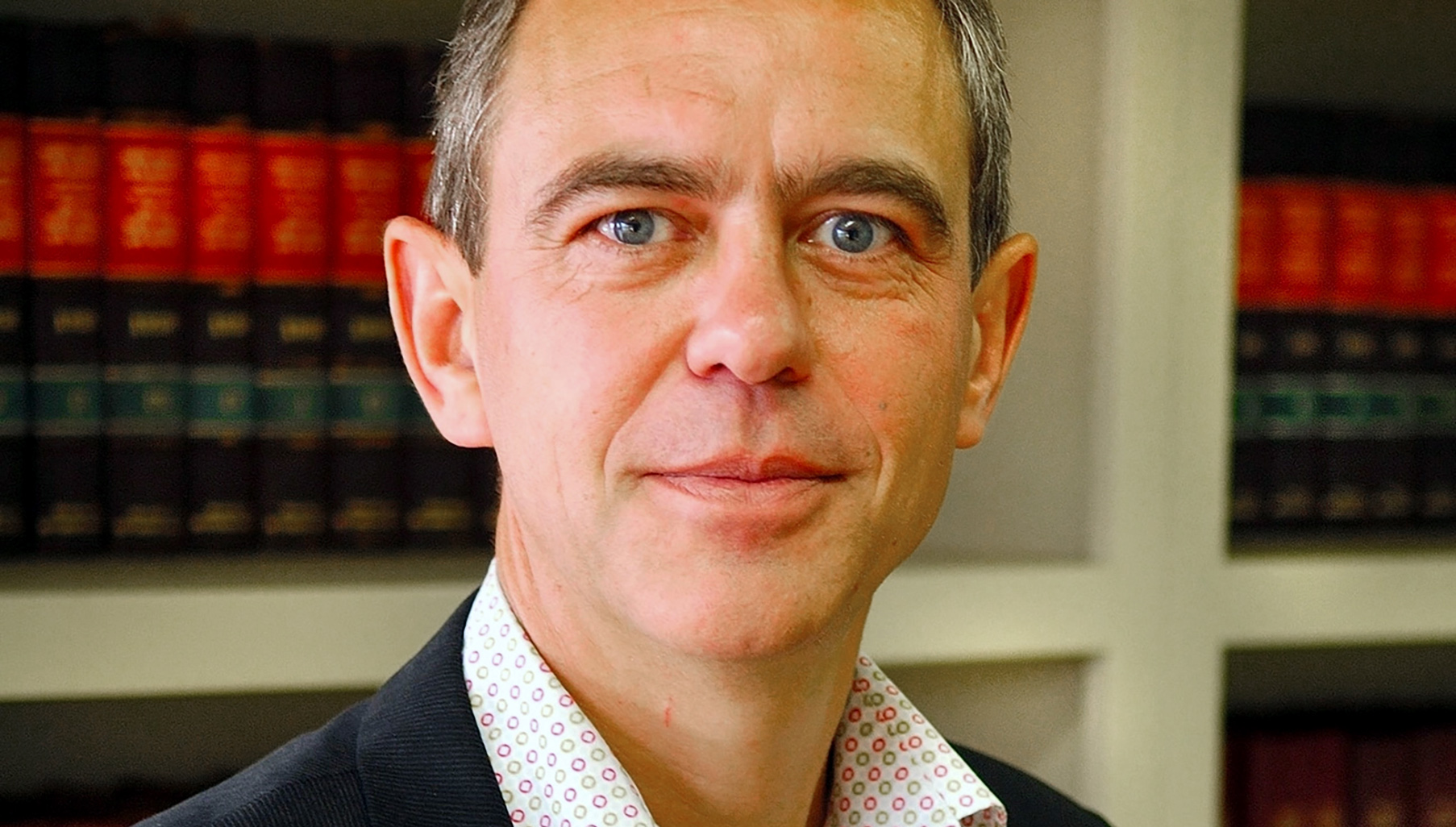
Professor Pierre de Vos describes this well in an article explaining that racism does not only exist in the “spectacular” displays but also in seemingly harmless day-to-day experiences: “To understand the ways in which racism ‘operates in the routines of life’, we need to consider the ideologies, structures, systems, institutions, rules and attitudes that structure or guide those routines, and how these all operate in tandem to centre certain white ways of being in the world.”
This is to say that these schools need to actively evaluate and redesign the systems on which they were founded in order to truly be transformative spaces that not only “allow” black children in but work towards their thriving alongside white children.
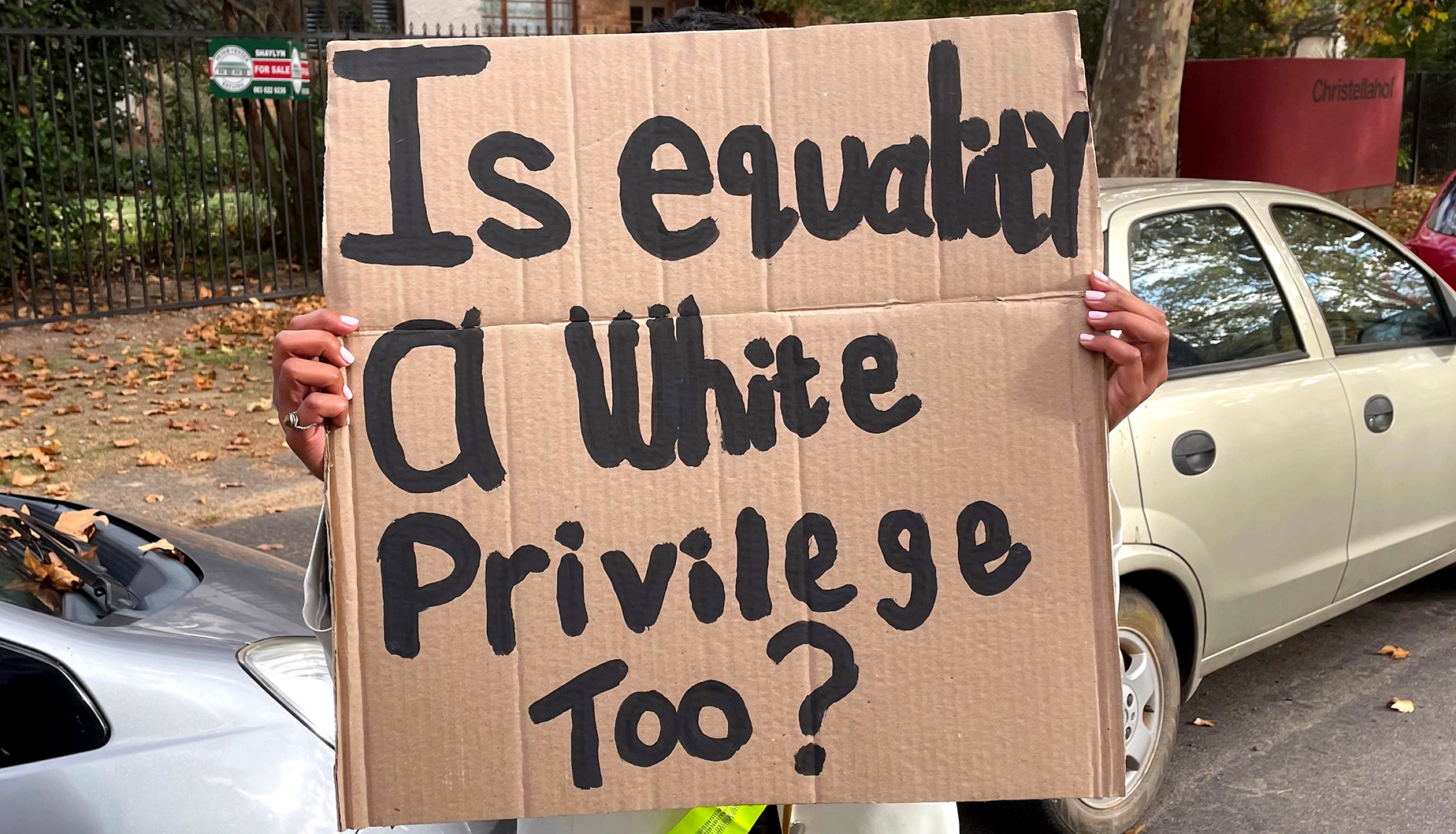
In my mind we need a nationwide bosberaad to question where we really are headed as a country and whether we are so committed to a culture of racial discrimination that we are willing to sacrifice our children for this endeavour. Our actions do not match up to the values of our Constitution and the ideology that led to us rebuking the destructive system of apartheid.
For as long as we continue to have racist incidents, particularly among children, it means that we are not doing the work required for our country to heal, and that is a responsibility for both white and black people. We can never tire of calling out these incidents and neither can South Africa’s leadership. DM/MC
![]()
